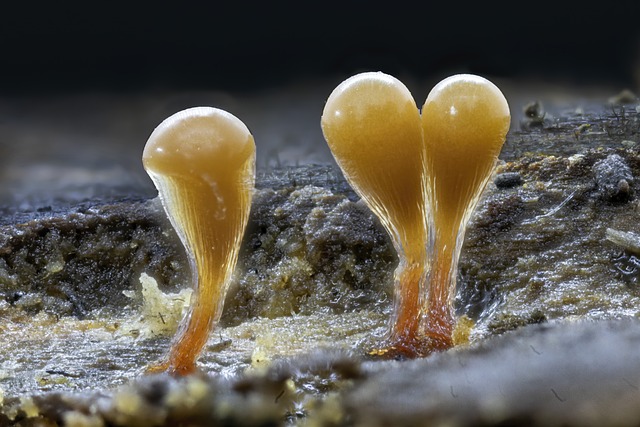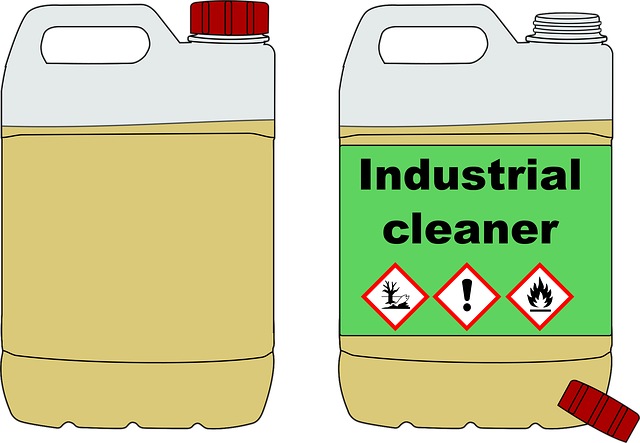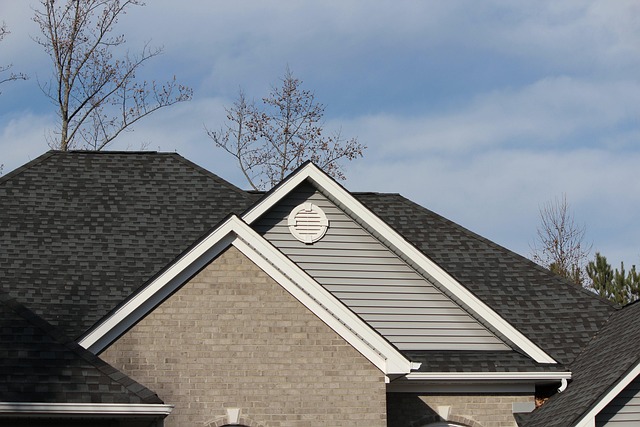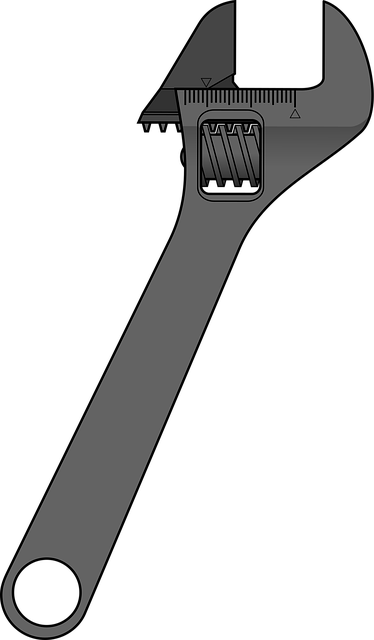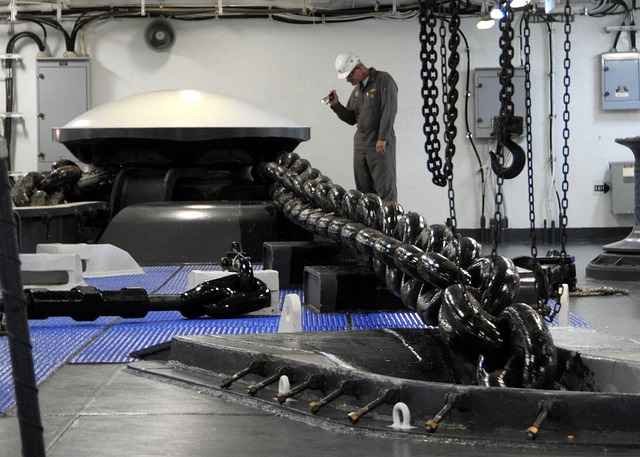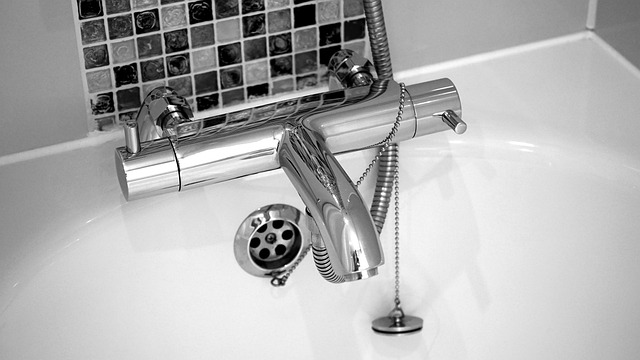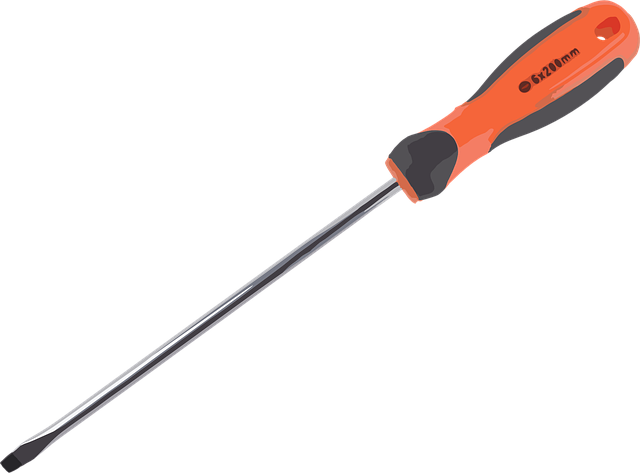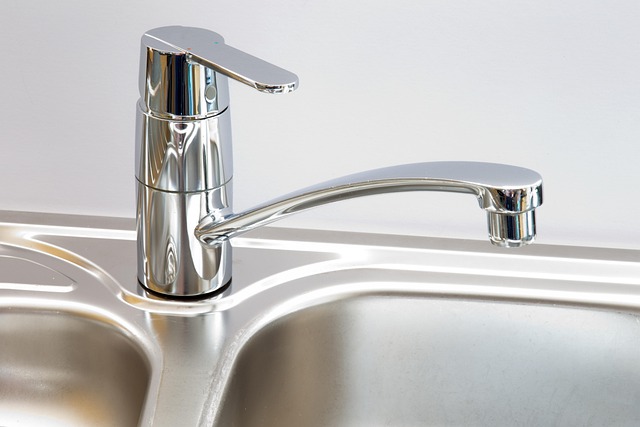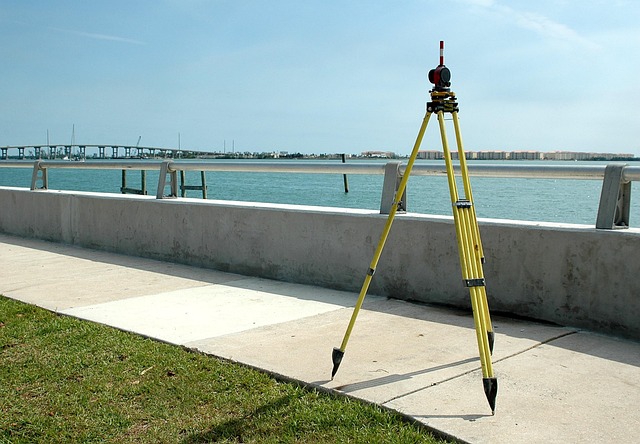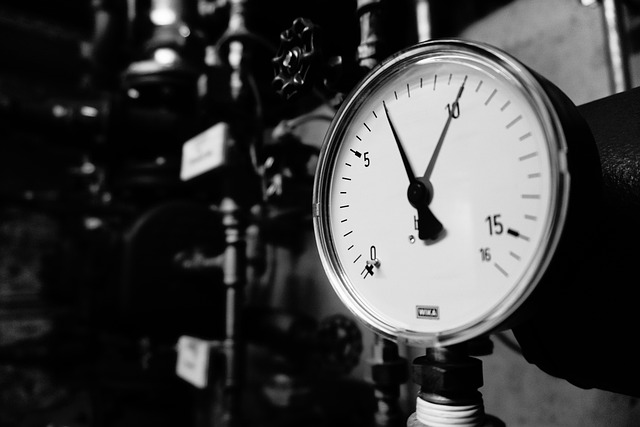Regularly monitoring and replacing water filters is key to leak prevention and ensuring clean, safe drinking water. Understanding filter capabilities, inspecting for wear, choosing suitable replacements, and maintaining connections prevent clogging, damage, and potential plumbing leaks, contributing to a reliable water supply system.
Staying on top of your water filter replacements is essential for maintaining clean, safe drinking water. This article guides you through the process, from understanding filter lifespan and identifying contaminant threats to choosing the right replacement and implementing effective leak prevention strategies. By regularly replacing your water filters, you ensure optimal performance, minimize health risks, and avoid costly repairs associated with neglected filters.
- Understand Filter Lifespan and Contaminants
- Spotting Signs of a Dirty or Failed Filter
- The Impact of Water Filter Neglect
- Choosing the Right Replacement Filter for Your System
- Effective Leak Prevention Strategies for Water Filters
Understand Filter Lifespan and Contaminants

Understanding the lifespan of your water filter is key to maintaining clean and safe drinking water. Different types of filters have varying lifespans depending on their capacity and efficiency in removing contaminants. Regularly checking manufacturer guidelines will help you know when it’s time for a replacement.
Contaminants play a significant role in determining how often you need to replace your filter. Water can pick up various impurities such as sediment, chlorine, heavy metals, and bacteria. Some filters are designed to target specific types of contaminants, so knowing what’s present in your water supply is essential. Preventing leaks by regularly replacing filters not only ensures a steady flow of clean water but also safeguards against potential health risks associated with contaminated drinking water.
Spotting Signs of a Dirty or Failed Filter
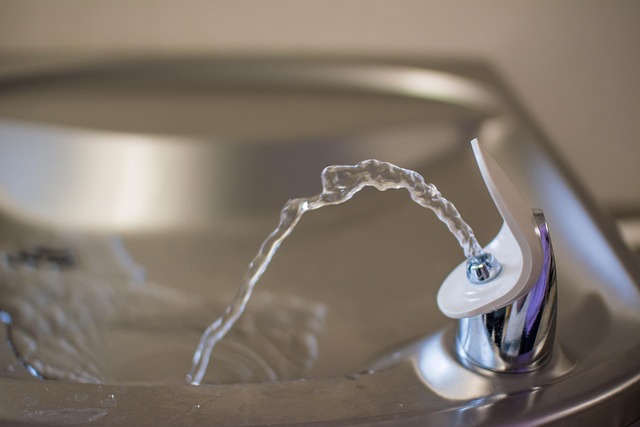
Regularly checking your water filters for signs of wear and tear is essential for maintaining optimal filter performance and ensuring leak prevention. A dirty or failed filter can lead to contaminants infiltrating your water supply, which is why it’s crucial to be vigilant. One of the initial indicators is a noticeable decrease in water pressure; if you’ve adjusted your fixtures and still experience low pressure, it could point to a clogged or damaged filter.
Additionally, keep an eye out for unusual smells or tastes in your water. If the water coming from your taps has acquired an odd odor or flavor, this could be a clear sign that the filter needs replacement. In some cases, you might even notice visible debris or discolored water, indicating that the filter is no longer effectively trapping impurities. Promptly addressing these signs will contribute to maintaining the integrity of your plumbing system and ensuring the delivery of clean, safe water.
The Impact of Water Filter Neglect

Neglecting to regularly replace water filters can have significant consequences for your home and health. Over time, clogged or outdated filters can reduce water flow, leading to low pressure and even leaks in your plumbing system. This not only wastes precious resources but also increases the risk of costly damage to your home.
Moreover, old filters cannot effectively remove contaminants from your drinking water, which may include bacteria, chemicals, and other harmful substances. These impurities can cause various health issues, from gastrointestinal problems to more severe conditions. Regular filter replacement is an essential part of maintaining a safe and efficient water supply system in your home.
Choosing the Right Replacement Filter for Your System

Choosing the right replacement filter is key in maintaining your water system and preventing leaks. Different types of filters cater to various needs, from removing impurities like chlorine to reducing heavy metals or improving taste and odor. Understanding your specific water source and the issues you aim to address will guide your selection.
For instance, if you’re dealing with high levels of sediment, a sediment filter is ideal for leak prevention. Conversely, if your main concern is improving water quality by removing harmful contaminants, opt for advanced filters like carbon or reverse osmosis systems. Regularly replacing these filters not only ensures cleaner water but also safeguards your plumbing from potential damage caused by clogged or worn-out filters, thereby curbing leaks before they start.
Effective Leak Prevention Strategies for Water Filters

Regular maintenance is key when it comes to water filters, and one critical aspect is implementing effective leak prevention strategies. Leaks can not only cause damage to your appliances but also result in wastage of precious resources. To avoid these issues, ensure all connections are tightly secured and use high-quality, compatible filters designed for your specific system. Regularly inspect the filter housing for any signs of wear or damage, and replace worn-out parts immediately.
Additionally, consider using leak detection devices or regular visual checks to monitor potential problems early on. By being proactive with leak prevention, you can extend the lifespan of your water filters and ensure a continuous supply of clean, safe water without interruptions.


